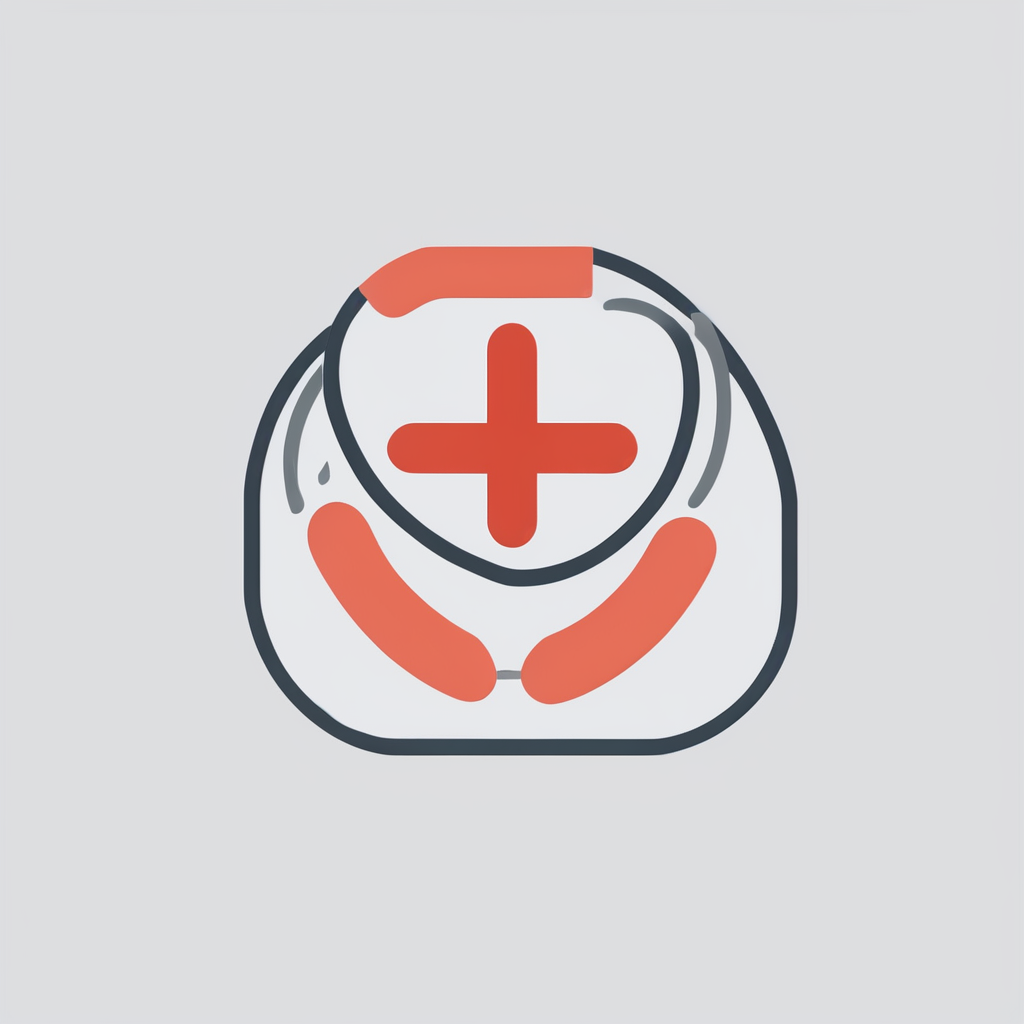Practical Applications of AI Among UK Health Professionals
Artificial Intelligence (AI) adoption in UK healthcare is gaining momentum, especially within NHS AI initiatives designed to enhance medical services. Across hospitals and clinics, clinical AI use primarily targets diagnostics, treatment planning, and patient monitoring. For example, AI algorithms assist radiologists by analyzing medical images to detect abnormalities faster and with greater accuracy, reducing human error and expediting care.
NHS-backed AI projects include pilot programmes focused on automating administrative tasks and improving patient triage. These initiatives often explore AI’s role in supporting general practitioners (GPs) through decision support systems that prioritize high-risk cases. Such tools empower doctors to allocate time efficiently and focus on complex diagnoses.
Also to see : How do UK health professionals contribute to patient-centered care?
Commonly integrated AI tools range from predictive analytics software to natural language processing systems that parse clinical notes. These applications facilitate data interpretation and clinical decision-making by synthesizing large datasets — a task impractical for manual review. The practical deployment of AI in healthcare settings reflects a strategic effort to streamline workflows, improve patient outcomes, and reduce operational burdens on health professionals.
Also to read : How is the role of UK health professionals evolving with personalized medicine?
